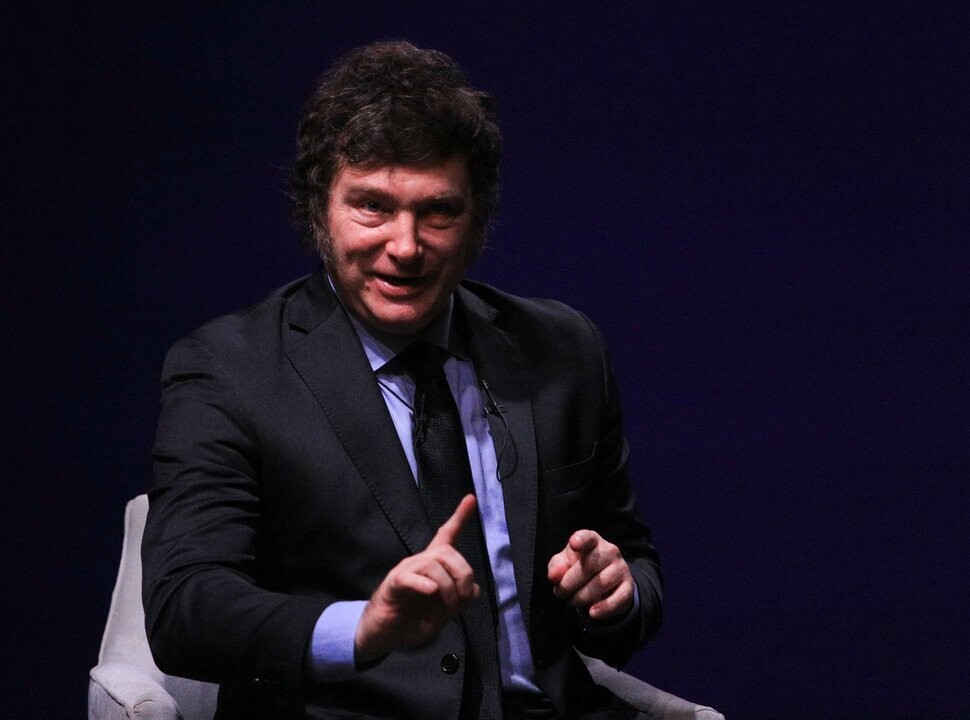
The Argentine economy is in the midst of a debate about exchange rate lag and competitiveness, highlighting comparisons with models from other countries. The President revived the topic by referencing the example of Japan and its 'Japanese economic miracle.' A key concept in this discussion is the Balassa-Samuelson, which explains the relationship between economic growth and the prices of goods and services.
In this context, economists like Milei and Domecq expressed their concerns about the need to discuss the sustainability of the current economic model and the accumulation of reserves in a scenario of low commodity prices and increased imports. At the same time, the importance of the automotive industry and its potential impact in case it does not adapt to competition was mentioned.
The Argentine government was also criticized for its management of the exchange rate policy, with divergences among economists regarding whether the dollar is undervalued or not. While seeking to stabilize the local currency, the need for structural reforms and a possible appreciation of the Argentine peso in the future is being considered. However, different productive sectors warn about the loss of competitiveness and the need to review taxes and policies to promote investment and efficiency.
The debate has intensified with strong criticism of economic and political figures, such as Cavallo and Milei, who have been at the center of confrontations regarding the policies to be implemented. Meanwhile, the government seeks to maintain economic stability and advance in reducing inflation, with an eye on the legislative elections next October and achieving greater competitiveness internationally.














